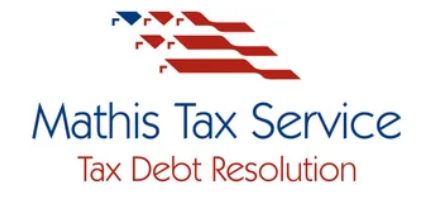Why? Because most mentors aren’t tax strategists. They focus on the big picture, not the behind-the-scenes financial plays that could save (or cost) you thousands. That’s where this post comes in. We’re about to dive into some of the lesser-known, legally-sound tax strategies that most business owners never hear about—until it’s too late.
Let’s be real—your business mentor might teach you about scaling, mindset, and maybe even the latest productivity hacks. But when it comes to taxes? Crickets.
1. You’re Probably Overpaying—By a Lot
The IRS isn’t going to send you a thank-you card for giving them more than you owe. But here’s the thing: most small business owners overpay because they don’t know what’s deductible—or they’re too scared to push the envelope. Think: meals, travel, home office expenses, even that business coaching retreat in Tulum.
If it’s ordinary and necessary for your business, it’s probably deductible. The trick is documenting it properly (hello, paper trail).
2. Your Business Structure Might Be Killing Your Profits
Still operating as a sole proprietor or single-member LLC? You could be paying way more in self-employment taxes than you need to.
Enter: the S Corporation. Electing to be taxed as an S-Corp could allow you to split your income between salary and distributions—potentially saving thousands in payroll taxes. But no one tells you this unless you have a savvy accountant in your corner.
3. The Augusta Rule Is Not Just for Golfers
Here’s a little-known gem: Section 280A(g) of the IRS code (aka the Augusta Rule) allows you to rent your home to your business for up to 14 days per year—completely tax-free.
Host a strategy session or content day at your house? Charge your business fair market rent and write it off. Meanwhile, the income you receive personally? Not taxable. Yes, really.
4. Paying Your Kids is 100% Legit
If your children are doing legitimate work in your business (think: social media help, packaging, admin tasks), you can pay them a reasonable wage—and it’s a tax deduction for you. Bonus: if they’re under 18 and you’re a sole prop or partnership, you may not even have to pay payroll taxes on their wages.
Oh, and that money? Put it in a Roth IRA, college fund, or teach them about investing. Wealth-building starts early.
5. You Can Hire Your Retirement Plan
Your business can (and should) help fund your retirement. SEP IRAs, Solo 401(k)s, and defined benefit plans aren’t just for the corporate world. They’re powerful tax-saving tools that let you reduce your taxable income now while investing in your future.
Set it up right, and your business becomes your retirement vehicle.
6. Mileage Logs Are Worth Their Weight in Gold
Tracking your business miles isn’t glamorous—but it can seriously add up. With the 2025 IRS standard mileage rate hovering around 67 cents per mile, those trips to meet clients, run errands, or attend events can turn into real money. Use an app like MileIQ or Everlance and let tech do the work.
7. The IRS Loves a Good Story (aka Documentation)
Here’s a dirty little secret: a lot of deductions are totally defendable—if you can tell the story. Who you met with. What was discussed. Why it was related to business. The IRS isn’t just looking for receipts; they want context.
Keep a tax diary, snap pics of receipts with notes, and save everything to the cloud. Future-you (and your accountant) will thank you.
Final Thought: You Don’t Know What You Don’t Know
The tax code is over 70,000 pages long. And while your mentor is a genius at growth strategy, chances are they’re not diving into tax law over their morning coffee.
You don’t need to become a CPA, but you do need to think like a strategist. Start asking questions. Get a proactive accountant. And remember: every dollar you save in taxes is a dollar you can reinvest in your business—or your freedom.
Your move, boss.



Leave a Reply